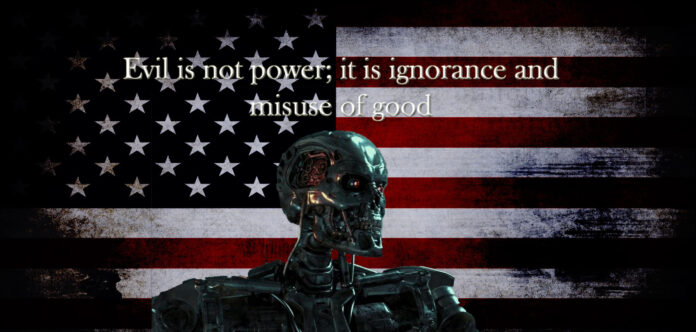In the introduction to a Technocultural Studies class I took last fall, my professor conducted a quick survey by asking us two questions: “How many cellphones have you owned? How many laptops?” Our collective response yielded a jarring result. Most of us had owned at least three to four phones and two to three PCs over the course of our young adult lives. Hearing this information was like taking a bitter pill that I was reluctant to swallow and our raised hands were a physical display of corporate consumerism at it’s finest. This moment inspired me in a really significant way; It made me stop daydreaming and have a long, hard thought about the social and environmental issues surrounding our ubiquitous use of technology. Specifically, it made me wonder what happens to our gadgets when they die. What becomes of our digital playthings when they glitch, malfunction and ultimately cease their purpose? What happens on the other side of the user-product experience?
As it turns out, there is such a thing as a “digital ghost” and most of us are haunted by one. The digital ghost is a useful metaphor for explaining our obsession with technology and the indifference we feel toward it. It’s that dark shape lurking in the corner, the one that fuels the material thirst tethering us to the toxic cycle of consumerism. And here’s the real kicker: everyone’s digital ghost is a unique reflection of their digital history, an archive of every piece of technology a person has owned and is accountable for. What then, does this mean for the environment? In a world where the newest generations of smartphones are released almost annually, how can we responsibly negotiate our digital footprint without compromising our desire for trending technologies? Furthermore, what can we do individually to become better stewards of our environment?
The first measure we can take to become more conscious users of technology is to hold manufacturers of electronics accountable for the marketing and distribution of goods. Now, clearly this solution has some setbacks, seeing as companies will intentionally engineer products with a limited lifespan in order to generate higher profits. At the same time, we as users should strive to hold each other accountable for our relationships to the products we use. I’m not saying we should all go around assaulting the first owners of Google Glass, but I think it’s safe to say we can all benefit from reminding each other that our world’s resources are limited and thus extremely valuable. Until a viable alternative is discovered, this is the only planet we’ve got. I think it’s a good idea if we start acting like it.
Tell Whitney Davis about your digital ghost at wmdavis@ucdavis.edu
Graphic by Sandra Bae.




